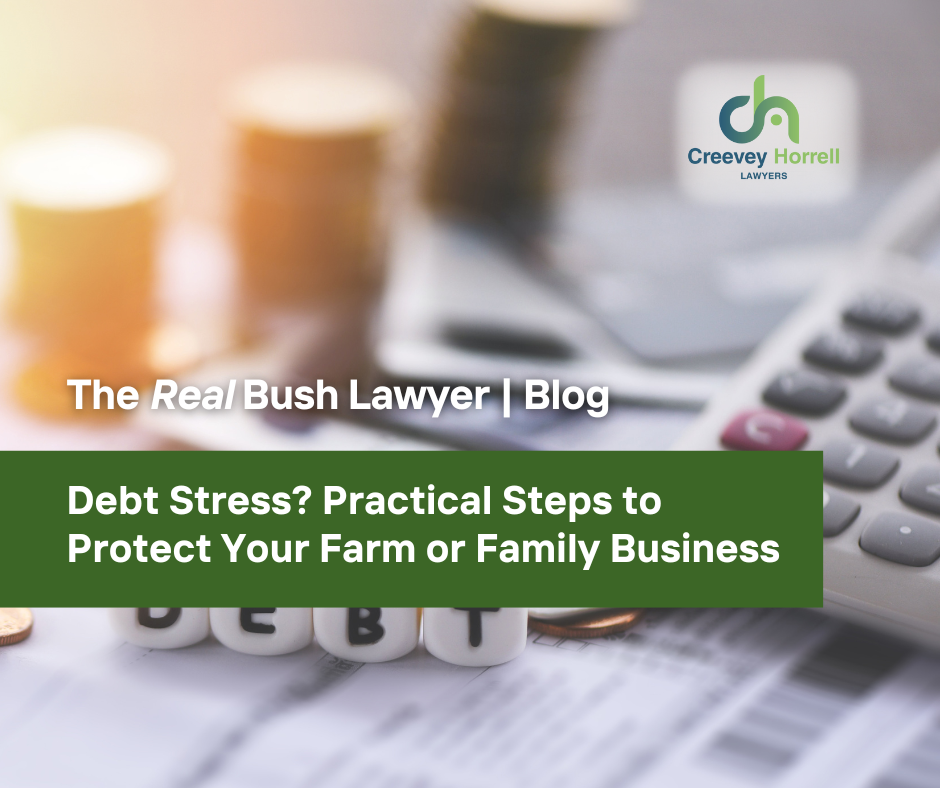Will your Super go where you want it to if you die?
- yyong59
- Jul 13, 2022
- 2 min read
A lot of attention has been paid in recent times to the conceived injustices of superannuation payments and associated death benefits (“Super”) being made to unintended recipients.
This has resulted due to the common misconception that Super will be safeguarded for the wife and/or children of the deceased or alternatively will be paid to the beneficiaries elected under the Will of the deceased. Unfortunately this is not necessarily the case and the results can be devastating.
The reason that this so frequently occurs is because Super is treated separately to the assets contained in a person’s estate and therefore whilst a person may have a Will specifying to whom their assets are to be passed onto upon their death, superannuation does not form part of the estate assets and that intention fails.
Super is held by an approved Super Fund which is operated under a Trust Deed and managed by a Trustee in accordance with the provisions of the Superannuation Act 1976. Super Funds require its members to elect who they would like the Super to be paid to in the event of the member’s death by providing the Super Fund with a written direction in the form of what is called a Binding Death Nomination (“BDN”). If upon a member’s death, there is a valid BDN the Trustee has a legal obligation to pay the Super to the beneficiary/ies elected under the BDN.
If however, there is no valid BDN the Trustee of the Super Fund will make a determination as to whom the Super should be paid to. The Trustee’s decision will depend on what is contained under the terms of its Trust Deed or alternatively, in accordance with the provisions of the Superannuation Act 1976. In this instance, it is common for the Super to be paid to the deceased member’s spouse and in the absence of a spouse, to the deceased member’s children. This is where complications commonly arise as the Trustee must take into consideration all current and previous relationships, biological children and step-children and any other dependants of the deceased member and may determine that any number of these persons are entitled beneficiaries pursuant to the terms of the Trust Deed.
Accordingly, it is important when reviewing an estate plan and/or revising your current Super policies that:-
you have a valid BDN appointing your preferred beneficiaries;
the BDN has not expired (most BDN’s expire after a period of 2 or 3 years);
you keep your BDN up-to-date; and
your BDN coincides with the testamentary intentions contained in your Will.
If you would like further information in relation to BDNs or your estate planning matters, please contact our Wills and Estates Lawyer, Rachel Greenslade on (07) 4617 8777.




.png)




Comments